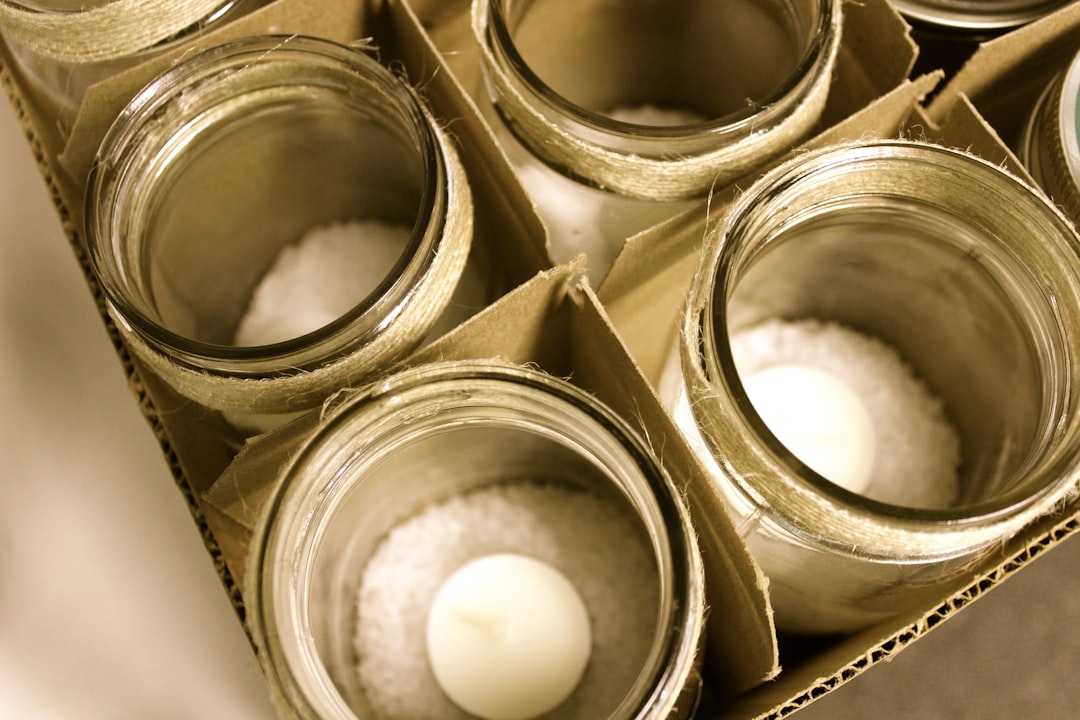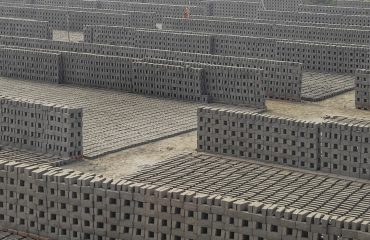Industrial pipes are the unsung heroes of manufacturing, silently carrying vital fluids and gases that power countless processes. From transporting raw materials to distributing finished products, the right pipe selection is critical for efficiency, safety, and longevity. This comprehensive guide delves into the world of industrial piping, helping you understand the crucial factors to consider when choosing the perfect pipes for your manufacturing facility.
1. Understanding Industrial Pipe Materials: A Deep Dive
The material of your industrial pipe is paramount, dictating its durability, corrosion resistance, and suitability for specific applications. Several common materials include:
- Carbon Steel: A workhorse in the industry, carbon steel pipes are strong, readily available, and relatively inexpensive. However, they are susceptible to corrosion, requiring protective coatings or galvanization in many environments.
- Stainless Steel: Offering superior corrosion resistance compared to carbon steel, stainless steel pipes are ideal for handling corrosive chemicals and high-temperature applications. Different grades (like 304 and 316) offer varying levels of corrosion resistance.
- Ductile Iron: Known for its high strength and ductility, ductile iron pipes are excellent for underground applications and handling high pressures. They offer better resistance to impact and stress compared to grey iron.
- Copper: Highly resistant to corrosion, copper pipes are commonly used in plumbing and applications requiring high purity. However, they are more expensive than steel options.
- PVC (Polyvinyl Chloride): A cost-effective and lightweight option, PVC pipes are suitable for applications involving low-pressure fluids and chemicals that don’t react with PVC. They are not suitable for high temperatures.
- CPVC (Chlorinated Polyvinyl Chloride): An upgraded version of PVC, CPVC offers higher temperature resistance and is often used in hot water systems.
Choosing the right material depends on the specific fluid being transported, the operating temperature and pressure, and the environmental conditions.
2. Industrial Pipe Applications: Tailoring Pipes to Your Process
Industrial pipes find applications across a vast spectrum of manufacturing processes. Here are some key examples:
- Chemical Processing: Pipes transport highly corrosive chemicals, requiring materials like stainless steel or specialized polymers.
- Oil and Gas Refineries: High-pressure and high-temperature applications necessitate robust materials like carbon steel with specialized coatings or stainless steel.
- Pharmaceutical Manufacturing: Strict hygiene standards often necessitate stainless steel pipes with smooth inner surfaces to prevent contamination.
- Food and Beverage Processing: Materials must meet stringent food safety regulations, with stainless steel being a popular choice.
- Power Generation: Pipes transport steam, water, and other fluids under high pressure and temperature, requiring specialized alloys and robust construction.
Understanding the specific demands of your manufacturing process is crucial for selecting the appropriate pipe material and diameter.
3. Adhering to Industrial Pipe Standards: Ensuring Quality and Safety
Various standards govern the manufacturing and testing of industrial pipes to ensure quality, safety, and consistency. Key standards include:
- ASTM (American Society for Testing and Materials): Provides specifications for various pipe materials and their properties.
- ASME (American Society of Mechanical Engineers): Sets standards for pressure vessels and piping systems, including design, fabrication, and testing.
- ISO (International Organization for Standardization): Develops international standards for materials, manufacturing processes, and quality management.
Adhering to these standards is crucial for ensuring the reliability and safety of your piping systems. Compliance with relevant standards often dictates material selection, dimensional tolerances, and testing procedures.
4. Selecting the Right Industrial Pipes: A Practical Guide
Selecting the appropriate industrial pipes requires careful consideration of several factors:
- Fluid Properties: Consider the fluid’s temperature, pressure, corrosiveness, viscosity, and flow rate.
- Environmental Conditions: Account for factors such as temperature variations, humidity, and exposure to sunlight or chemicals.
- Pipe Diameter and Schedule: The diameter determines the flow rate, while the schedule (wall thickness) dictates the pipe’s pressure rating.
- Installation and Maintenance: Consider the ease of installation, accessibility for maintenance, and the availability of skilled labor.
- Budget and Cost-Effectiveness: Balance the initial cost of the pipes with long-term maintenance and replacement costs.
A thorough assessment of these factors will guide you towards selecting the most suitable and cost-effective pipes for your needs.
5. Maintaining Industrial Pipes: Extending Lifespan and Preventing Failures
Regular maintenance is crucial for maximizing the lifespan of your industrial pipes and preventing costly failures. Key maintenance practices include:
- Regular Inspections: Conduct visual inspections to identify signs of corrosion, leaks, or damage.
- Pressure Testing: Periodic pressure testing ensures the pipes can withstand operating pressures.
- Cleaning and Flushing: Regular cleaning removes buildup and prevents blockages.
- Corrosion Protection: Apply protective coatings or use corrosion-resistant materials where necessary.
- Leak Detection and Repair: Promptly address any leaks to prevent further damage and ensure safety.
A well-maintained piping system ensures efficient operation, minimizes downtime, and enhances safety within your manufacturing facility.
Choosing the right industrial pipes is a critical decision with significant implications for your manufacturing operations. By carefully considering the factors discussed above, you can select the optimal piping system to ensure efficiency, safety, and long-term success.
Tags: Industrial Pipes, Manufacturing Pipes, Pipe Selection, Industrial Piping Systems, Pipe Materials




